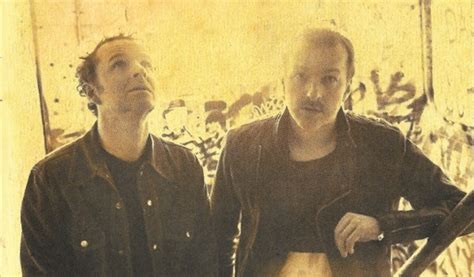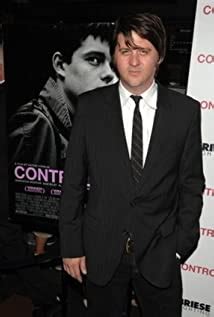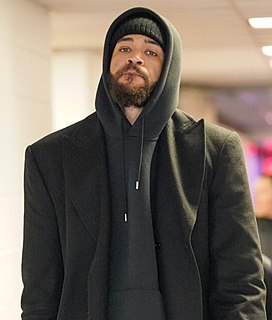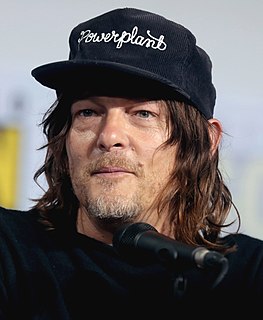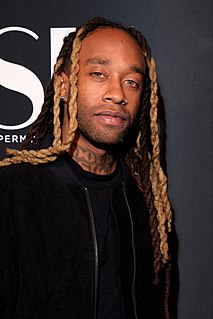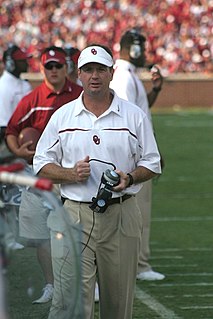A Quote by Jez Williams
I got really passionate about music with early Smiths and Joy Division. And New Order, Sonic Youth, Cramps...kind of right across the board, whatever fell underground. Kraftwerk...it was really mixed. Quite confusing, I suppose, but it just felt good.
Related Quotes
'Sparkle' fell into my lap. I had heard a little bit about it, that it was being redone in early 2011. I was just kind of like, 'Oh, that would be really cool,' and not really thinking too much about it, and then it came through my agency. I read it, I fell in love with the script and I went in to audition.
At 18, I moved to L.A. with my heavy metal band Avant Garde, which was very much influenced by Metallica. At 19, I got a job at Tower Records, and everything started to change very quickly. I started listening to the Velvet Underground, Pixies, early Nirvana, Sonic Youth, and also earlier music like the Beatles.
I think the Control has really opened up the music to a whole new audience. I've met kids recently, kids of people I know who are 14 and 17 who love Joy Division and have been a fan before the movie, which is really weird. How does that happen? I have no idea. But, the music that's out there today is heavily influenced by these bands from the 70s and 80s like Joy Division. I want them to take away a little bit of what Ian Curtis was and, at such a young age, he had so much going on.
I've got all of the old school vinyls from the '70s - even further back, like the jazz music in the '40s, '50s, '60s. Then I've got all the '80s stuff underground, hip-hop when hip-hop really first started. The '90s stuff. All of the good stuff, because I'm really into music, and it helps me create new songs now.
I think every league is good. Every league is pretty much the same: You got your top teams that are all very good, you got middle of the road teams that are really good and then you got your bottom of leagues that are all kind if fighting to get really good. I think it's pretty much the same across the board; I've said that for a long time.
The expense of getting into space is the rocket launch, the rocket itself. Rocket's right now, commercial rockets cost probably somewhere between $50, or $120, or $150 million per launch. And those are all expendable. That is, you've got to buy a new rocket for each launch. So, that really is the critical part. If there was some kind of really, a revolutionary breakthrough and the price of rockets fell by an order of magnitude, I mean, just imagine what that would do as far as getting access to more ordinary people.
